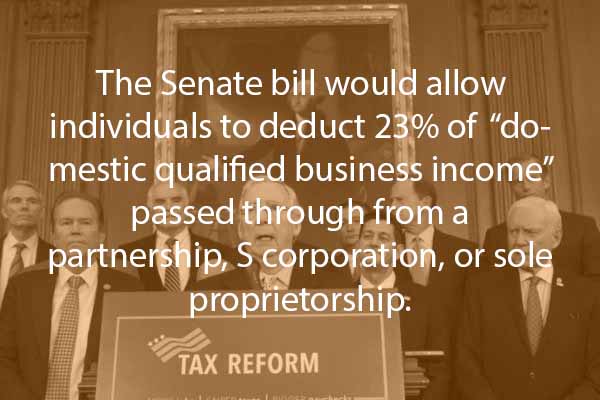Contraception Mandate
June 30, 2014Use of Cell Phones in Domestic Cases
July 16, 2014A Recent Tax Court Decision Provides Another Tax Consideration for Columbus Family Law Firms
Taxes are a common issue that divorcing parents in Columbus confront when terminating their marriage. Perhaps the most frequently disputed tax issue for parents is which parent will be able to claim the dependency exemption for a child of the marriage.
Ohio Revised Code 3119.82 requires a court to allocate the dependency exemption whenever it issues or modifies a child support order. Generally, if the parties cannot agree upon the allocation, the court is required to consider: (1) net tax savings; (2) relative financial circumstances and needs of the parents and child; (3) the amount of time the child spends with each parent; (4)the eligibility of either or both parents for the federal earned income tax credit or other tax credits; and (5) any other relevant factor(s) concerning the best interest of the child.
Clearly, this statute applies to and provides guidance for children born of the marital relationship – e.g. those who are covered by the provisions of a divorce decree. But a recent United States Tax Court opinion suggests that divorcing parents should also consider stepchildren when contemplating tax issues upon divorce.
Tony Duncan married Candice Lee Arbogast, who had two children, in 2008. The parties divorced on November 15, 2011. For tax year 2011, Mr. Duncan still attempted to file a joint return, claiming himself, Ms. Arbogast and her two children as dependents. Although there was no question that Mr. Duncan improperly filed a “joint” return that claimed Ms. Arbogast (marital status is determined on December 31st for tax filing purposes), the question remained as to whether Mr. Duncan could still properly claim Ms. Arbogast’s two children.
The Tax Court concluded that Mr. Duncan could still claim the two children, notwithstanding the fact that he had divorced their mother. The court recognized that a taxpayer must “bear a specified relationship” to a claimed child, and that a stepchild is included within those relationships. Importantly, the court also recognized that Income Tax Regulations provide that the “relationship of affinity once existing will not terminate by divorce or death of a spouse.”
Therefore, despite the fact that Mr. Duncan was not the biological father of the children and had terminated his marriage to their mother, the Tax Court concluded that he could still claim the children as dependents.
Consequently, although a stepchild may not be covered by the provisions of a divorce decree or R.C. §3119.82, a Columbus stepparent who is going through a divorce may still be able to claim their stepchild after the termination of marriage.






